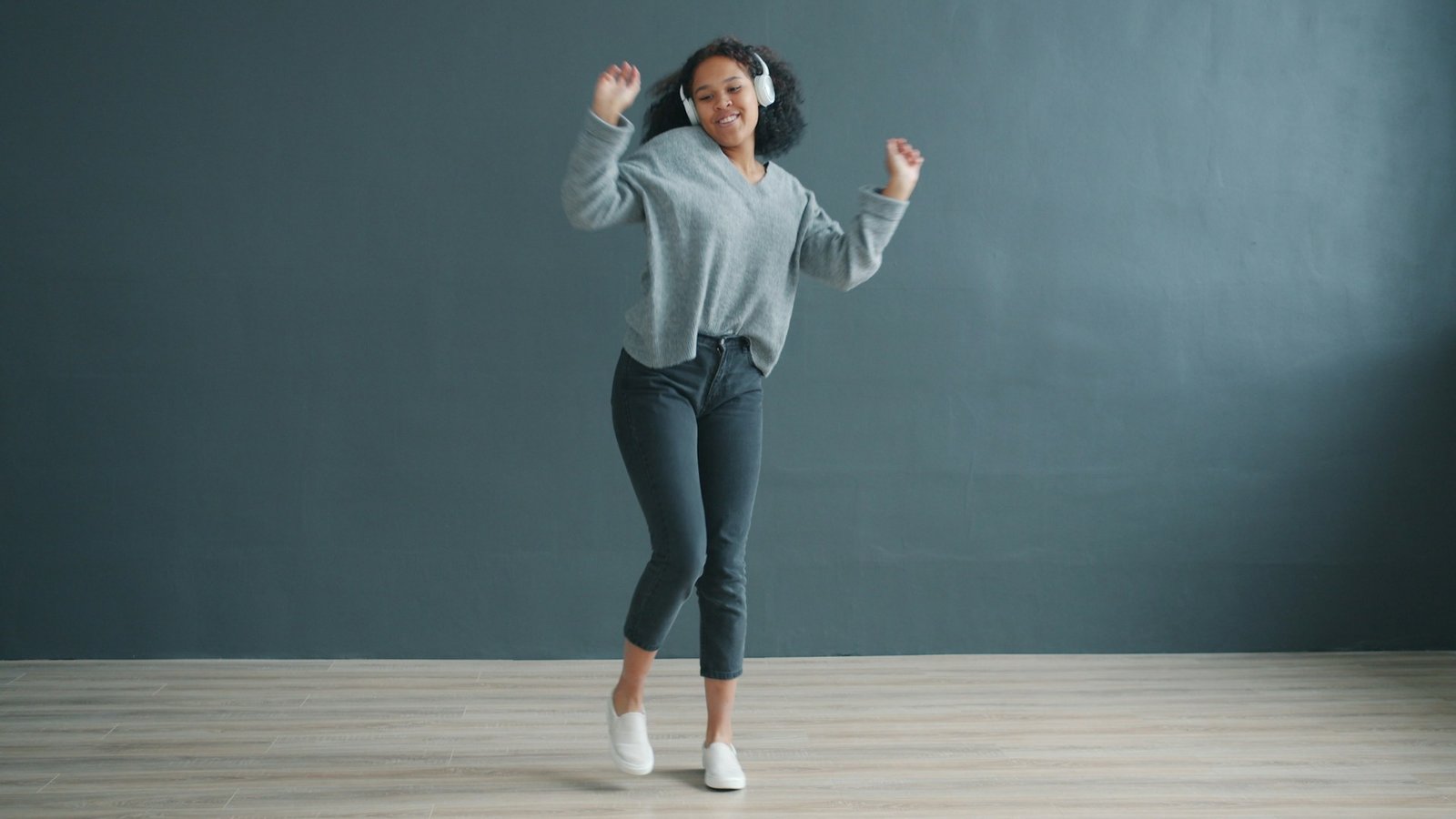Control is something most teens think about more than they let on. In a city like Portland, where independence is often encouraged from a young age, teens can feel pressure to manage a lot—academic demands, social expectations, and changes at home or in the community. Late August tends to amplify that stress. Summer winds down, routines start shifting, and suddenly there is less downtime and more structure. In those moments, it is easy for teens to feel like things are happening to them instead of with them.
That is one reason cognitive behavioral therapy in Portland connects so well with teens during seasonal changes. CBT helps teens and families notice how thoughts affect moods and choices. For anyone stepping into a new school year, having a framework like this can encourage small but steady ways to feel more grounded and less reactive.
Understanding Control from a Teen’s Perspective
Control means something different during the teenage years. It is about more than homework or clothing choices. It is about responding when a day feels unfair, unpredictable, or too heavy to handle.
Take a normal school week. Maybe a teen feels in control during class selection or when choosing electives. That feeling can fade fast when drama comes up with friends, grades drop, or shifting family moods create new pressures. One frustrating conversation or unexpected homework can leave them feeling like nothing is steady.
Therapy gives teens a pause. It creates room to ask what’s happening, how they are reacting, and if there is a pattern. Sometimes, simply naming that something is out of sync is enough to slow things down and keep a tough day from spiraling. This is usually the first step back toward feeling some control.
How CBT Introduces the Connection Between Thoughts, Feelings, and Actions
CBT teaches a practical idea: what we think affects how we feel, and what we feel shapes what we do. Once that becomes clear, it is easier to experiment with change.
Consider a teen who sees a friend look away in the hall. They think, Maybe they are mad at me. That thought might create worry or sadness, which leads to avoiding lunch or skipping texts. The mood drops, even if the situation was never about them.
CBT encourages teens to slow this process. Instead of taking that initial thought as absolute, it supports asking, What else could be true? Maybe the friend was distracted. Maybe something else was going on. That small question shifts the emotional reaction and opens a door to trying something different next time.
Mindful Mental and Behavioral Health PLLC includes cognitive behavioral therapy in Portland as one option for teens. This therapy model helps teens understand the ways thoughts, feelings, and actions connect, making it easier to test out new behaviors in small steps.
Naming What’s Changeable vs. What’s Not
A big part of growing up is realizing which problems belong to you—and which do not. Teens can get trapped in cycles of worry over things they cannot fix, like someone else’s mood, family struggles, or online drama. CBT is helpful for sorting out what is actually manageable.
For instance, if a classmate makes a comment that feels off, it can start an emotional spiral. CBT gives teens a way to identify what they can do (acknowledge their own reaction, choose to respond, or seek help) compared to what they cannot (change the classmate’s attitude). This approach reduces emotional overload and lets teens focus their energy where it counts most.
Over time, being able to tell what is within reach helps build confidence and eases stress. It supports healthier boundaries, which are particularly important for Portland teens figuring out academic and social pressures that often mix together.
Practicing Tools That Strengthen Decision-Making
CBT provides structure through concrete tools. These skills create more options between a strong feeling and a fast reaction. Here are some CBT-based strategies used in everyday life:
1. Reframing: Catch a thought, pause, and ask, Is this the only way to see it?
2. Journaling: Write thoughts down in a notebook or phone to see patterns or get thoughts out of your head.
3. Tracking triggers: Notice which events or interactions bring up strong emotions, then plan for ways to respond next time.
These tools become more useful with practice, especially as new stressors appear. Whether it is a pop quiz, a difficult conversation, or a group chat, these small interventions help teens create a little more space to think. That feeling of having options often leads to better, more confident decisions.
Shaping Control Around the Portland Lifestyle
Growing up in Portland means learning within a culture that values individuality and flexibility. Teens here might feel pressure to figure out who they are faster, explore identity in creative ways, and adapt to changing friend groups or school projects. This sense of freedom is a gift, but it can come with a lot of uncertainty, too.
Portland’s emphasis on openness can blur lines around guidelines and accountability, especially as teens communicate across channels like X or group chats. Sometimes, the expectations feel unclear or always shifting. CBT cannot solve every external challenge, but it gives teens tools for making sense of their own responses in an environment that celebrates difference.
Therapists at Mindful Mental and Behavioral Health PLLC use CBT alongside other approaches to help Portland teens find what works best for them, without judgment. Flexibility and structure go hand-in-hand, so teens are not pushed into a mold but supported in their own process.
Helping Teens Grow Without Forcing Change
Growth in therapy is usually about steady, subtle shifts rather than big breakthroughs. Sometimes, it means pausing before reacting, staying a little longer in a difficult moment, or testing a different response after recognizing an old pattern.
CBT helps teens realize that feeling calm or perfect is not the goal. The real progress is in noticing thoughts and gaining choices. With each new school year or season, teens can practice slowing their reactions and trusting themselves to find a better path forward. That new confidence makes control feel real, and a little more solid, as fall routines take hold.
When routines feel off and your teen seems stuck in patterns like looping thoughts or quick emotional shifts, especially with the new school year settling in around Portland, we at Mindful Mental and Behavioral Health PLLC focus on practical support that meets those changes with awareness and steady tools. You can read more about how we approach clarity, behavior, and flexible thinking through cognitive behavioral therapy in Portland.




